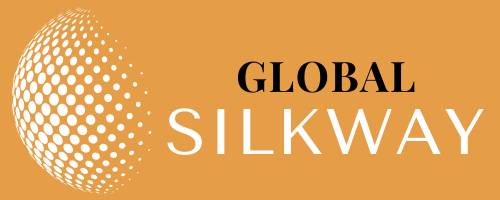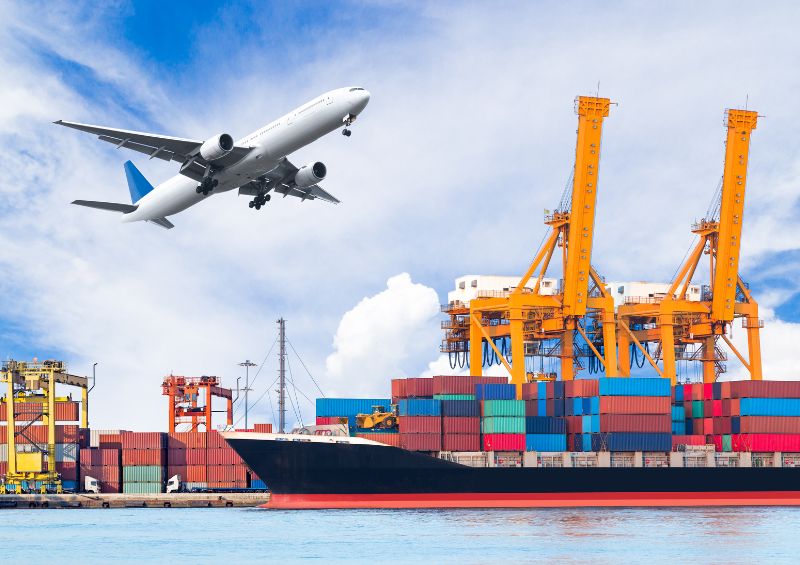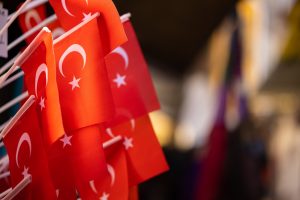
Introduction
Iran has a strict regulatory framework governing the import and export of goods. These regulations are primarily enforced by the Iranian National Standards Organization (INSO) and other governmental bodies such as the Ministry of Industry, Mine & Trade and the Iranian Customs Administration.
In this guide, we will break down key import and export regulations, including compulsory standards, licensing requirements, restricted goods, and customs procedures.
1. Key Regulations for Importing Goods into Iran
🔹 Compulsory Standards & Quality Compliance
- All imported goods must comply with Iranian or international standards (ISO, IEC, ISIRI).
- The Higher Council of Standard oversees mandatory quality requirements.
- Industrial products, medical devices, and food items must meet specific safety and health standards.
📜 Licensing & Permits
- Importers must obtain a Certificate of Conformity (COC) from INSO for regulated products.
- Some goods require specific permits from regulatory agencies (e.g., pharmaceuticals, electronics, and automobiles).
- Energy efficiency standards apply to electrical appliances (only products rated A or B are allowed).
🚫 Restricted & Prohibited Imports
- Goods with quality below national standards are strictly prohibited.
- Importing used goods is banned unless explicitly permitted under special regulations.
- Some electrical and electronic devices must have Farsi or English user manuals to be legally imported.
- Import of incandescent light bulbs over 40 watts is prohibited due to energy efficiency policies.
🛃 Customs Procedures for Imports
- Step 1: Registering Goods → Importers must register their shipments with Iranian Customs and obtain a customs tariff code.
- Step 2: Quality Inspection → Goods may require a Certificate of Inspection (COI) from an INSO-approved agency.
- Step 3: Conformity Assessment → If a product falls under mandatory standards, it is inspected before customs clearance.
- Step 4: Import Duties & Taxes → Importers must pay applicable tariffs, VAT, and regulatory fees.
2. Regulations for Exporting Goods from Iran
📌 Compulsory Standards for Exported Goods
- Certain goods must comply with Iran’s compulsory export standards, such as food, textiles, medical products, and industrial equipment.
- Exporters must obtain an Export Goods Certificate of Conformity (COC) from INSO.
📜 Export Documentation Requirements
- Commercial invoice
- Packing list
- Certificate of Origin (issued by the Chamber of Commerce)
- Export permit (if required for sensitive goods)
- COC or compliance certificate
🚫 Restricted & Prohibited Exports
- Strategic resources (such as crude oil and some petrochemicals) may require government approval.
- Exporting cultural heritage artifacts is prohibited.
- Certain food products (e.g., nuts and saffron) must meet Iran National Standard (INSO) requirements.
🛃 Customs Clearance for Exports
- Exporters must declare their goods to Iranian Customs and undergo quality inspections.
- If a product is subject to international standards, it must comply with the standards of the target country.
- Iran offers export incentives, including tax exemptions for some industries.
3. Special Regulations for Specific Product Categories
🩺 Medical Equipment & Pharmaceuticals
- All imported medical devices must comply with Iranian Ministry of Health standards.
- Medical imports require pre-approval and a conformity certificate from INSO.
- Counterfeit or unapproved drugs are strictly banned.
🔋 Electrical Appliances & Energy Standards
- Electrical goods must have an energy efficiency label (A & B ratings are allowed).
- Plugs and sockets must comply with Iran National Standard No. 635-1.
- Devices operating on 220V/50Hz are the only ones allowed for household use.
🚗 Automobiles & Automotive Parts
- Only vehicles meeting INSO standards can be imported.
- All vehicles must be inspected at the country of origin before shipment.
- Used car imports are mostly banned, except for government-approved exceptions.
🌾 Food & Agricultural Products
- Food imports must comply with national food safety standards.
- Expiration dates must be clearly labeled, and at least two-thirds of the shelf life must remain.
- Specific testing for contaminants like heavy metals and mycotoxins is mandatory.
4. Iran’s Trade Policies & International Agreements
🛠️ Tariff & Trade Policies
- Iran uses a tariff-based system with duties ranging from 5% to 55%, depending on the product category.
- The government offers tax breaks and incentives for export-oriented industries.
🌍 Trade Agreements
- Iran has trade agreements with countries like Turkey, China, and Russia, reducing tariff barriers for key goods.
- Despite sanctions on some industries, Iran actively engages in regional trade and free trade zones.
5. Key Takeaways & Next Steps
✅ Importers must ensure product compliance with Iranian standards before shipment.
✅ Some goods require additional certifications from government bodies like INSO and the Ministry of Industry.
✅ Exporters should verify destination country regulations and obtain the necessary export compliance certificates.
✅ Iran has strict customs controls, and failing to meet regulations may result in shipment delays or rejections.
💡 Looking to import/export goods in Iran? Contact us for expert guidance on customs procedures, supplier verification, and trade compliance! 🚀





One Response